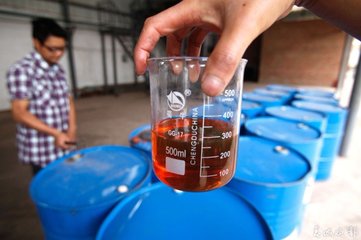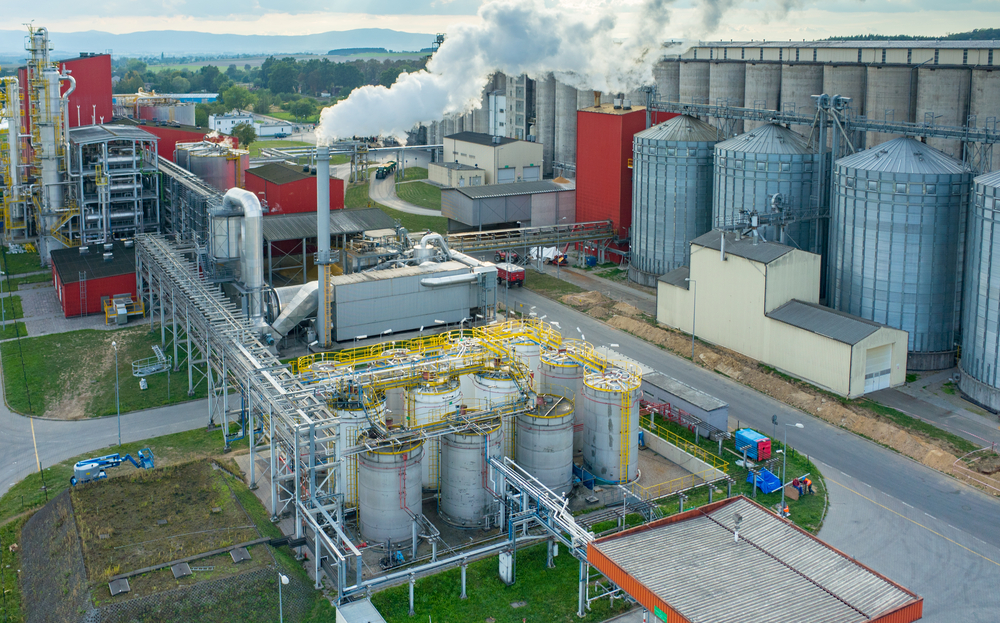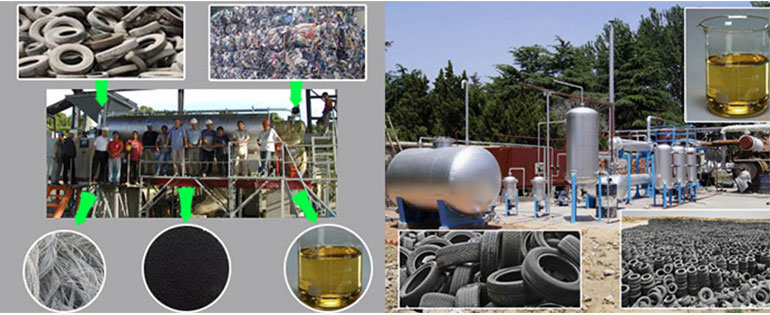Introduction Biodiesel that leaves the production plant in good condition can become unacceptable during distribution without proper care and attention. Biodiesel can degrade due to oxidation, contact with water, and/or microbial activity. In general, biodiesel will degrade more quickly than petro-diesel. In one sense, this is a good thing: a biodiesel spill will biodegrade quickly … Read More
Biodiesel Manufacturing Plant
Safe Chemical Handling in Biodiesel Production
Introduction Biodiesel is a relatively safe product. It is considered nonflammable and biodegradable. However, the components to make biodiesel can be hazardous in some situations. Biodiesel is made by reacting vegetable oil or animal fat with an alcohol (methanol or ethanol) and a catalyst (sodium hydroxide or potassium hydroxide). Sulfuric and hydrochloric acids are also … Read More
Biodiesel Production Principles and Processes
The process to make biodiesel involves a chemical reaction. This means that the biodiesel industry is a chemical industry. Those involved in making biodiesel must have a good understanding of the underlying chemistry to ensure they are making quality fuel in a safe manner. Biodiesel is an alternative fuel for diesel engines that is produced … Read More
Future of Biodiesel
Biodiesel made from oil seed plants grown on cropland cannot possibly hope to replace petro-diesel in the foreseeable future: there simply isn’t enough land. Biodiesel, instead, could be seen as one part of a larger plan to reduce air pollution, carbon emissions, and dependence on fossil fuels. Energy crops can also be an important source … Read More
Growth of the Biodiesel Industry
Because biodiesel and other biofuels can help countries reduce their dependence on imported fossil fuels, and because biofuels frequently produce less air pollution and less net carbon emissions than fossil fuels, governments around the world became very interested in promoting their use. Governments issued mandates requiring the use of biofuels and offered tax credits for … Read More
Brief Introduction and Basic Features of Biodiesel
Biodiesel is extracted from plants oil and animal fat, it is commonly used for tractor, truck, ship etc. It refers to oil crops such as soybean, rapeseed, cotton and palm etc., wild oil plants and engineering microalgae and other aquatic plant oils, animal fats, food waste oils etc. as raw material oil, a regenerative diesel … Read More
Pacific Biodiesel receives grant for equipment, facility upgrades
Pacific Biodiesel has received grant funding from the Hawaii Technology Development Corp. to help reimburse recent facility upgrades and equipment purchases at its 5.5 MMgy biodiesel plant on the big island of Hawaii and waste oil collection center on Oahu. HTDC’s Manufacturing Assistance Program grant provides up to 20 percent reimbursement on qualified expenses. Pacific … Read More
Biofuel industry thrilled with EPA for support, refiners not so much
As FreightWaves recently covered, NATSO testified before Congress about the Renewable Fuel Standard’s (RFS) success. They argued that the RFS has largely succeeded because it allows fuel retailers to offer biofuel blends to consumers at a price that is less expensive than purely petroleum-based products. The RFS is designed to enable fuel marketers to lower consumer prices … Read More
Will Biofuel Fuel Europe’s Future?
The EU is revising its Renewable Energy Directive (REDII), with an important revision for the use of biofuel. In June the three EU key institutions, European Parliament, Council and Commission, agreed on a binding renewable energy target of 14% in the transport sector, and for 32% for the EU by 2030, which are to be … Read More
Biodiesel Application
Biodiesel can be used as a fuel for boilers, turbines, diesel engines, etc., and The main application in the industry is fatty acid methyl esters. Biodiesel is a kind of high-quality clean diesel that can be extracted from various biomasses. Therefore, it can be said that it is an inexhaustible source of energy. In today’s … Read More


